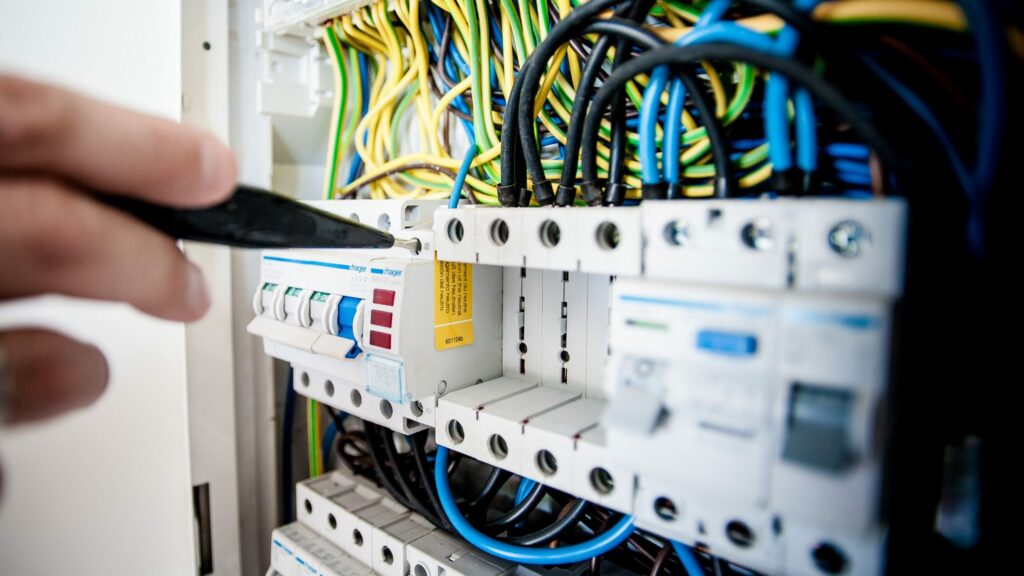Are your conference calls jittery? Websites take forever to load? Instead of watching a video you find yourself staring at the buffering animation until you’re on the verge of insanity? Slow internet is no fun, and it can be a real productivity killer. There are various reason why you may suddenly have slow internet. Not all of them require an expert to identify or fix. We will list some common causes and what you can do to fix them.
Common causes of Slow Internet
Bandwidth Limit
You may not have enough bandwidth included with your internet plan to handle all your devices connecting to the internet at the same time. This can often happen when you start out on a cheaper plan but then your business expands. The previous plan may no longer be able to accommodate your needs. Think of bandwidth as lanes on a highway, the more lanes you have the less likely it is to clog up.
Low Mbps
If the Bandwidth is the amount of lanes on a highway, then your Speed is how fast the cars are going. When you order broadband you will be advertised certain speeds, usually shown in Mbps. You might be experiencing slow internet because the maximum speed on your plan is not enough to handle whatever you are doing efficiently. For example a Teams Meeting with a high number of participants.
Interference
If you are using Wi-Fi, your issues might be due to interference. Interference is when other Wi-Fi signals or devices such as microwaves, handsets, Bluetooth devices, smart TVs and many more interfere with with your Wi-Fi signal.
Poor Wi-Fi Signal
This usually happens if your Wi-Fi signal is too weak to cover your entire venue or office effectively. Or there are various objects that obstruct the Wi-Fi signal.
Hardware Issues
In some cases your devices or cables might be the cause. Maybe you have a cheap router that cannot handle the maximum bandwidth or speeds available in your plan. Your router could also be faulty or needs a firmware update. If you use an ethernet cable it might be damaged somewhere. If it is not the router or your cabling it might be the case that your device (computer or phone) is too weak to handle certain data (for example 4k videos).
Malware
It is possible that your device has been infected by malware. This malware running in the background could be slowing down your internet.
You are using a VPN
A VPN encrypts your browsing activity and many businesses and remote workers may use one to protect sensitive information. A VPN connects to an intermediary server before connecting you to your target destination. This will inevitably slow your connection, by how much will depend on the quality and location of the server your VPN connects to.
Background Apps eating up Bandwidth
You might have a lot of background apps running that you do not use. These apps might be connecting to the internet constantly to share data or download and install updates. In some cases these might be big enough to cause a noticeable difference in internet speed.
How to Fix Slow Internet

Depending on what the cause is, you may be able to fix your internet issues by yourself. Below is a list of things you can do to try and identify and eliminate the problem.
Turn it Off and On
Seriously…try it. Turning your Router or Computer Off, waiting 60 seconds and turning it back On might fix your issue. When you turn off a device it stops all running processes, some of which may be causing your internet to be slow. Then, switching it back on will start everything fresh which can include the previously glitched process making it work correctly now.
Run a Speed Test
Use a device connected with an ethernet cable to your modem for this. You can then visit a site like Speedtest by Ookla. Check if you are getting speeds close to the ones advertised on your plan. If not, your ISP might be having issues and you should contact your provider.
Check your Devices
Examine your devices for any obvious faults. Then try running the speedtest on all your devices (make sure when you do this any device connected via Wi-Fi is close to the modem for the duration of the test). If only one of the devices has slow internet speeds then it’s likely that device is the issue. You may want to check how old the device is, what programs are running in the background or scan for malware. There are some basic ways to do this but if you struggle you might want to contact IT support.
Test your Wi-Fi
At this stage you might want to test for spots with weak Wi-Fi signals or Interference. If you find your Wi-Fi signal does not cover your entire venue well and there are many dead spots or areas with really weak signal, you might have to invest in ways of extending your Wi-Fi signals. We can help with that at Globe2, if you suspect this is the issue contact us.
Exhausted all of the above options and still experiencing slow internet? You might need an expert assessment. Our support team is consistently highly rated and can help walk your through the process of troubleshooting your internet. You may have simply grown significantly and your previous plan is no longer sufficient to meet your businesses connectivity needs. If that’s the case then it’s time to consider new more powerful options. We can help with that. Contact us using the form below or call directly on 03333 446 441.


